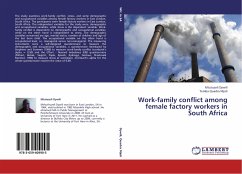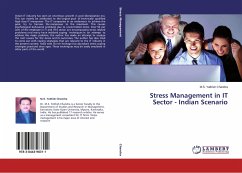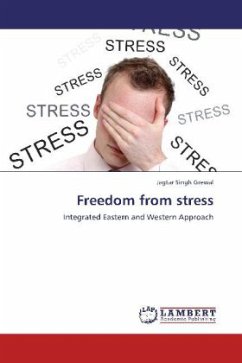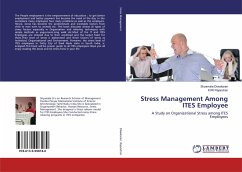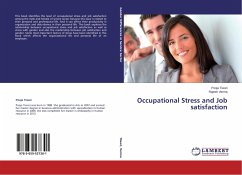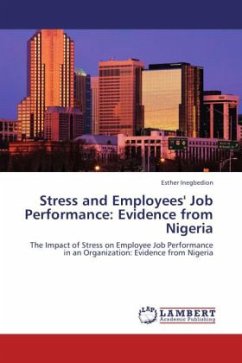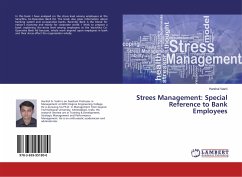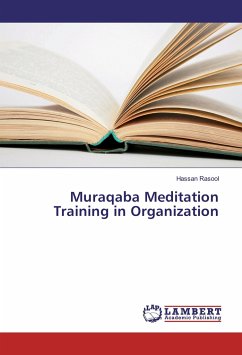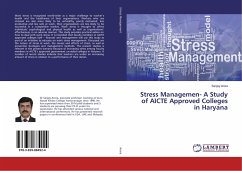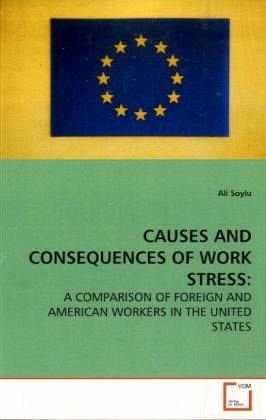
CAUSES AND CONSEQUENCES OF WORK STRESS:
A COMPARISON OF FOREIGN AND AMERICAN WORKERS IN THE UNITED STATES
Versandkostenfrei!
Versandfertig in 6-10 Tagen
38,99 €
inkl. MwSt.

PAYBACK Punkte
19 °P sammeln!
This book examines the impact of foreign worker status on workplace stress. Overthe last few years, a considerable amount of public concern and empirical research has beendevoted to the issue of job-related stress, both within the United States and globally. Foreignemployees with temporary visas are subject to considerable uncertainty about the length andconditions of their stay in the host country, which is likely to contribute to stress. A modelis proposed to represent the workplace experience of foreign employees in comparison tothat of permanent residents and U.S. citizens. It is hypothesi...
This book examines the impact of foreign worker
status on workplace stress. Over
the last few years, a considerable amount of public
concern and empirical research has been
devoted to the issue of job-related stress, both
within the United States and globally. Foreign
employees with temporary visas are subject to
considerable uncertainty about the length and
conditions of their stay in the host country, which
is likely to contribute to stress. A model
is proposed to represent the workplace experience of
foreign employees in comparison to
that of permanent residents and U.S. citizens. It is
hypothesized that the effect of foreign
status on stress is mediated by six factors:
residential insecurity, job insecurity, local network
ties, level of empowerment, role ambiguity and
perceived discrimination. Stress, in turn,
reduces job satisfaction, increases negative
feelings, and produces physical illness
symptoms. It is also proposed that foreign status
intensifies these relationships, and that
collectivist values make foreign employees more
subject to stress.
status on workplace stress. Over
the last few years, a considerable amount of public
concern and empirical research has been
devoted to the issue of job-related stress, both
within the United States and globally. Foreign
employees with temporary visas are subject to
considerable uncertainty about the length and
conditions of their stay in the host country, which
is likely to contribute to stress. A model
is proposed to represent the workplace experience of
foreign employees in comparison to
that of permanent residents and U.S. citizens. It is
hypothesized that the effect of foreign
status on stress is mediated by six factors:
residential insecurity, job insecurity, local network
ties, level of empowerment, role ambiguity and
perceived discrimination. Stress, in turn,
reduces job satisfaction, increases negative
feelings, and produces physical illness
symptoms. It is also proposed that foreign status
intensifies these relationships, and that
collectivist values make foreign employees more
subject to stress.



